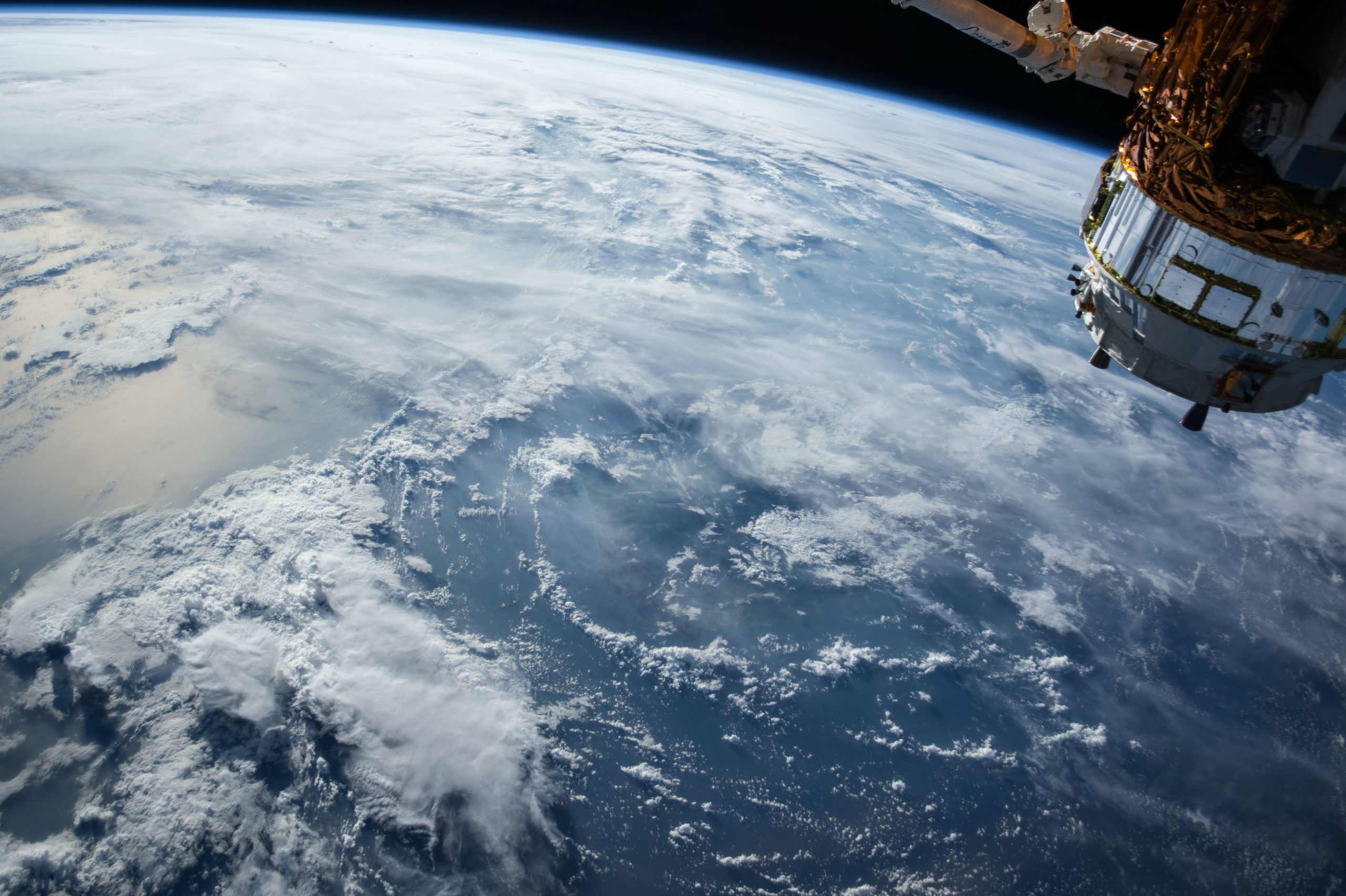
The global network of satellites, whose technical and operational coordination is the objective of CGMS, constitutes a major portion of the space-based component of the Global Observing System (GOS). The GOS provides observations on the physical state of the atmosphere and ocean surface from both space-based and land-based instruments. This data is used for the preparation of weather analyses, forecasts, advisories and warnings and for monitoring of climate change. The GOS also provides observations for other aspects of environmental monitoring, including air quality and space weather.
The CGMS Baseline constitutes the commitments and plans of CGMS Members to provide the observations, measurements, and services in support to GOS. The coordinated services include data access, direct broadcast, data collection and validated geophysical products.
CGMS Members will take steps to ensure continuity of the CGMS Baseline by following the guidelines outlined in the CGMS Contingency Plan.
All satellites currently contributing to the CGMS Baseline are listed on the satellite status page maintained by the WMO Space Programme office on behalf of CGMS. The tables on this page indicate the current status of on-orbit satellites along with the plans for future ones including launch date, orbital characteristics, payload and operational status if relevant. Hyperlinks enable navigation to more detailed information from the online OSCAR (Observing System Capabilities Analysis and Review) tool which contains detailed information on instruments, satellites, or high-level gap analysis. Information is available for both operational and R&D satellites in geostationary, highly elliptical, sun-synchronous and drifting orbits which contribute to the GOS. OSCAR and the Satellite Status Page are regularly updated based on information provided by the satellite operators. Please be aware that status and plans may evolve with time. Neither WMO nor CGMS is liable for the consequences of inaccuracies that could be found in these tables.